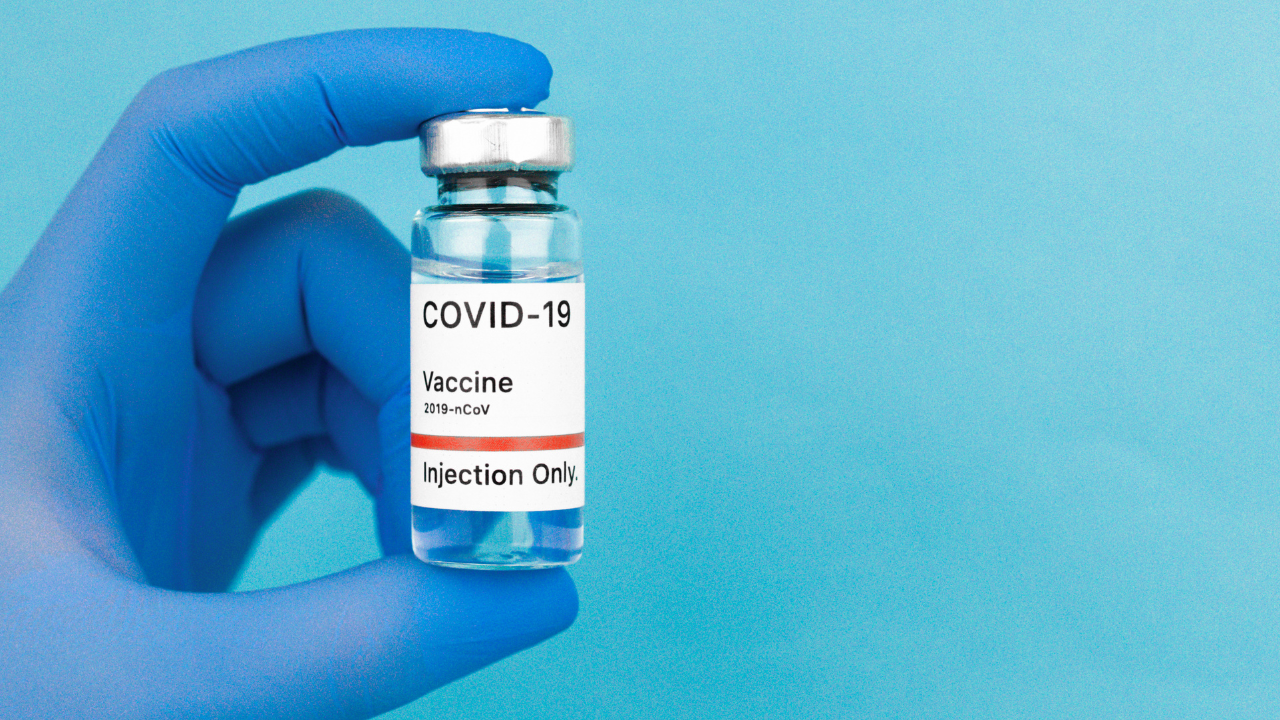
Africa CDC Models Data to Aid Oral Antiviral Roll Out Decisions in Africa
October 13, 2022
By Nellie Bristol
COVID GAP
The Africa Centres for Disease Control and Prevention Health Economics Programme (HEP) is fast tracking research on the cost effectiveness of oral therapeutics to ensure data are available for decision makers as more of the drugs become available across the continent, HEP Acting Head Justice Nonvignon said in an October 7 interview with COVID GAP. While purchases of oral therapeutics remain low or nonexistent in low- and middle-income countries, including those in Africa, several efforts are under way to increase availability. Among those are a memorandum of understanding between Africa CDC and Pfizer to make Paxlovid available on the continent at cost and test-and-treat programs, including the Duke-associated COVID Treatment Quick Start Consortium and a USAID supported effort, aimed at jump starting antiviral access in low resource settings. As the drugs become more accessible, HEP hopes to generate information policymakers need to determine the best approach to purchases and distribution.
“What we are doing now is that ahead of introduction of oral antivirals for treatment of COVID-19 in Africa, we are beginning to pull up some of the evidence through systemic reviews and country relevant data to determine the potential cost effectiveness of the treatments as a way to ensure that evidence is available in a timely manner,” Nonvignon said. “By the time the treatments are available, and countries begin to make decisions, then there will be evidence available for policymakers.”
The project is part of a growing portfolio of research conducted by the Africa CDC HEP, which aims to provide policymakers on the continent with relevant, timely data to help determine the best use of limited health budgets. “The HEP will also mobilize the broader health economics community to strengthen continental capacity for generating and leveraging evidence for policy and practice,” Africa CDC Acting Director Ahmed Ogwell Ouma said in the program’s inaugural newsletter, issued last month. The HEP was established in November 2020.
The COVID therapeutics research follows several HEP projects focused on the cost effectiveness of COVID-19 vaccines. A retrospective study of 27 African countries issued May 10 showed that countries that rolled out vaccines earlier and more quickly were likely to see the most benefit in terms of both health impact and cost effectiveness with the most value for money coming from targeting high risk populations.
Analyzing data to prove the economic benefits of health spending will establish the business case for higher health sector investment, Nonvignon argued. “It helps us make a very strong case that health is not simply a social good but creates return on investment,” he said, a point proven by the COVID-19 pandemic. “When there were lock downs and many businesses shut down, they immediately affected economic systems, they reduced economic growth in countries, and they affected the economic capability of individuals and households, they worsened poverty in many places,” he said. Developing concrete data that lays out how investing in stronger health systems and pandemic preparedness will mitigate the effects of health emergencies and thus protect economic growth will help policy makers make decisions that benefit both population health and the economy.
HEP will aid that goal by following through on its three strategic pillars: strengthening health economics capacity within the Africa CDC and its member states; generating and mobilizing evidence; and promoting evidence use. In current and near term projects the program is examining the cost benefits of disease surveillance and strengthening the capacity of national public health institutes, and looking at priority setting for emergency preparedness and response capacities.
Nonvignon brings a wealth and variety of experience to his HEP leadership role. A health economist and public health researcher, he also serves as an Associate Professor of Health Economics at the School of Public Health, University of Ghana. He has a long history of leveraging research and health economics evidence to strengthen public health programs, including in more than a dozen countries in Africa. He has consulted with a variety of multilateral agencies and served on more than 35 expert committees.
In 2019, Nonvignon was a visiting scholar at the Duke Global Health Institute and the Duke Center for Policy Impact in Global Health. “Justice Nonvignon is one of our Center’s great collaborators,” said Osondu Ogbuoji, Duke assistant research professor and deputy director at the Center for Policy Impact in Global Health. “We have worked on joint projects in his roles at University of Ghana and at Africa Centres for Disease Control. Since he joined the Africa CDC’s Health Economics Programme, he has initiated several innovative and high-impact projects that will improve outbreak response in Africa.”
The rampant inequalities revealed and exacerbated by the COVID-19 pandemic highlight the need for all countries to make investments to protect themselves in health emergencies, Nonvignon said, a goal the HEP can help facilitate. “It’s important for countries themselves and then for regions to take steps not to depend so much on international systems and other people but to prepare themselves for any public health event that shows up,” he said.

